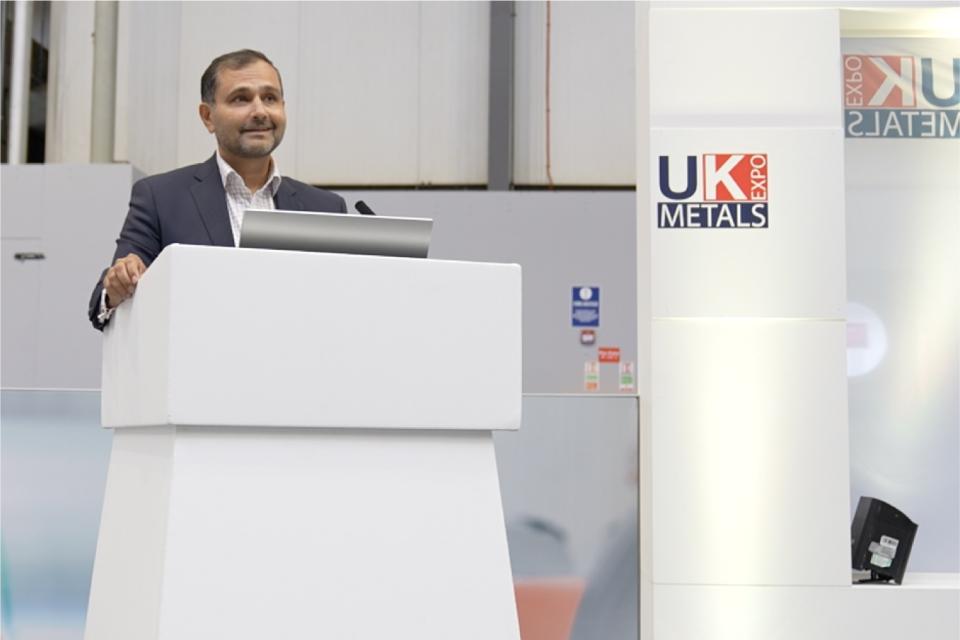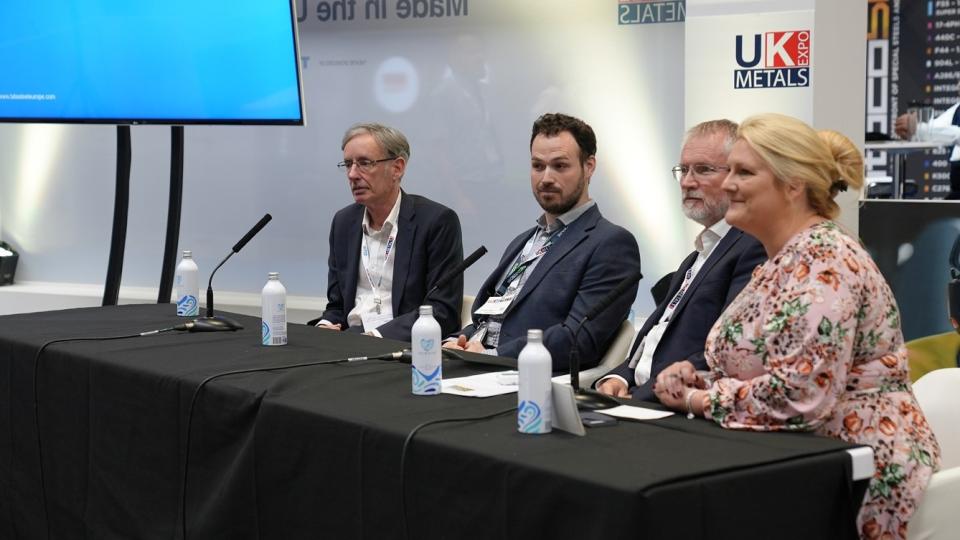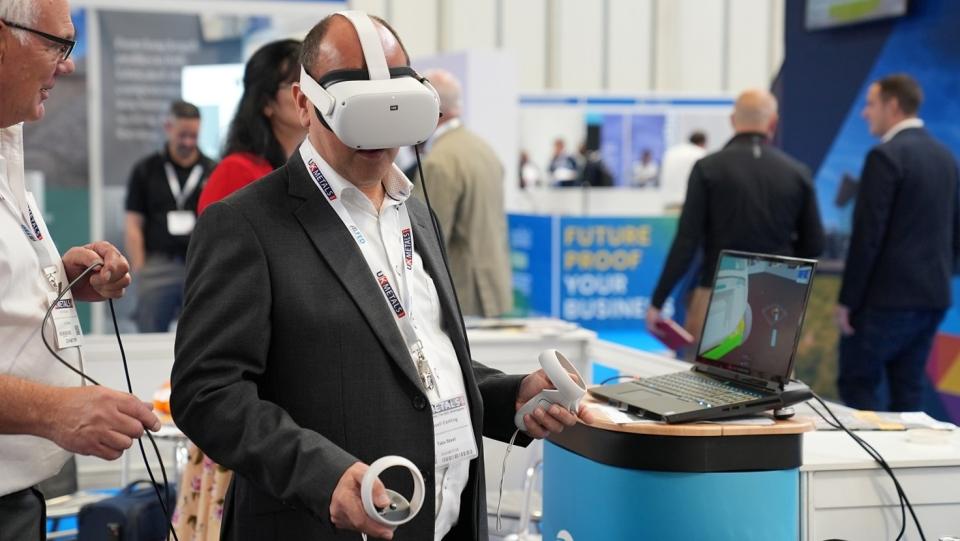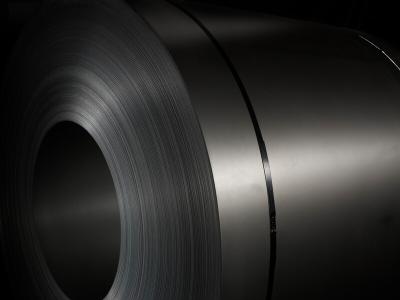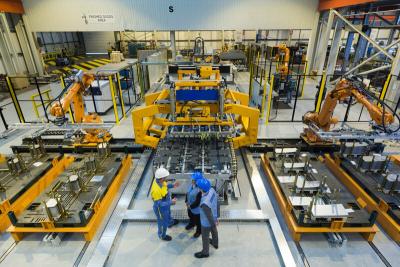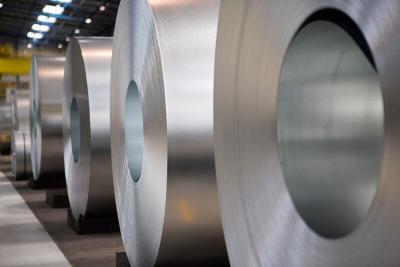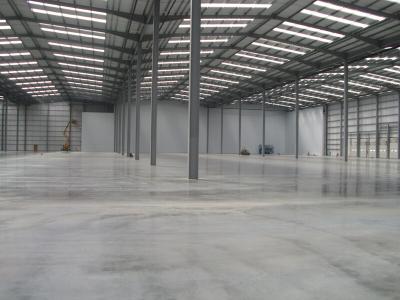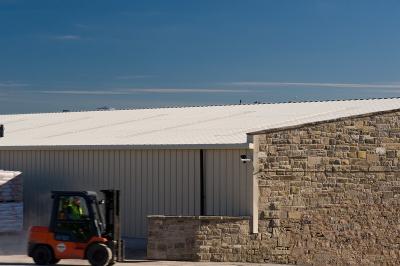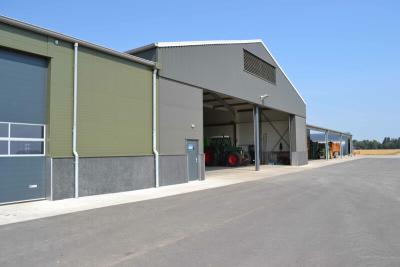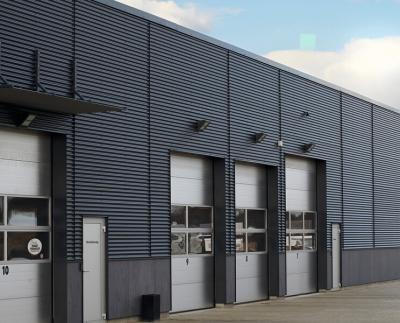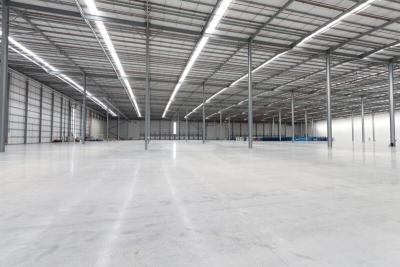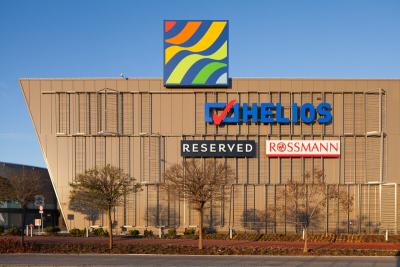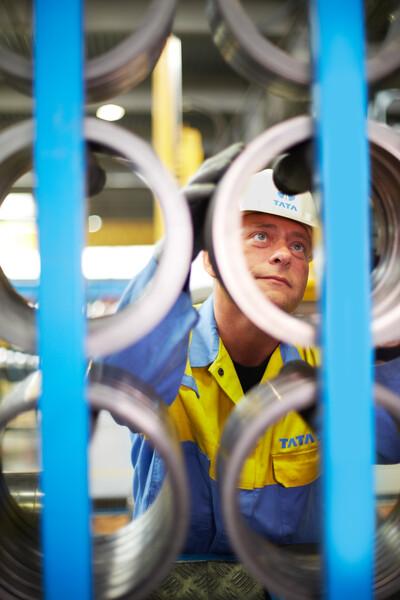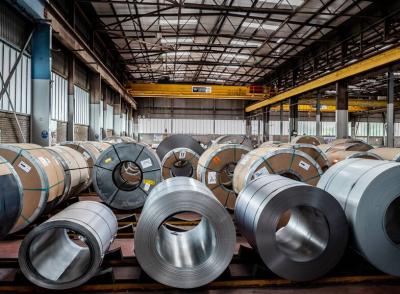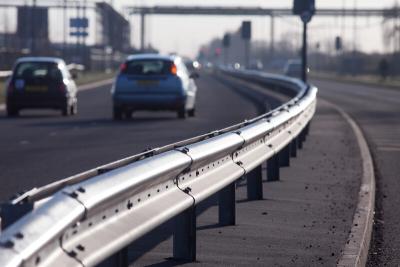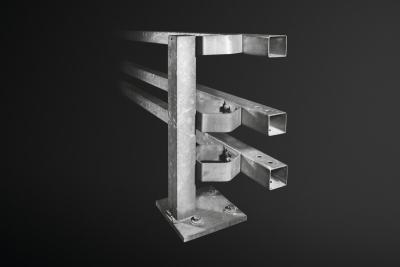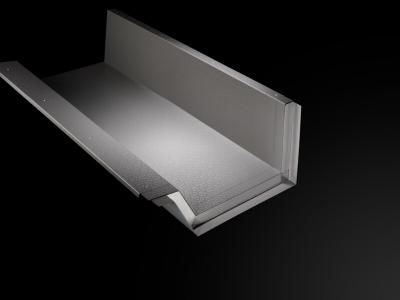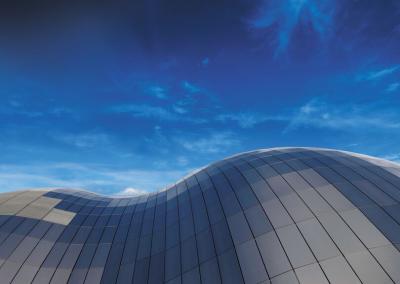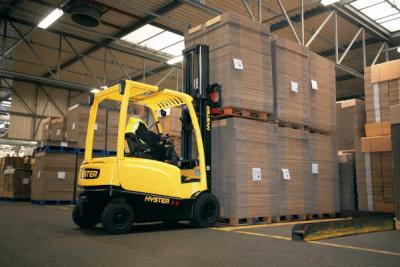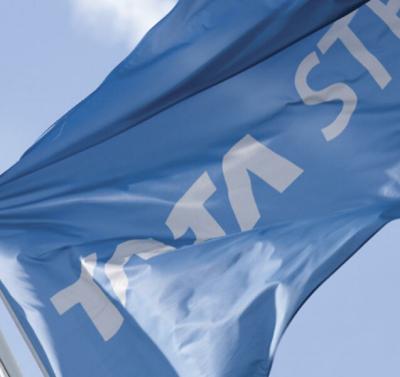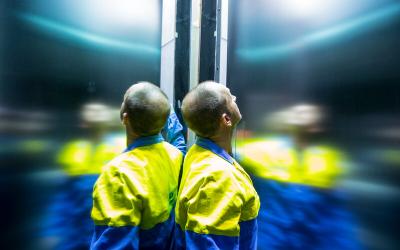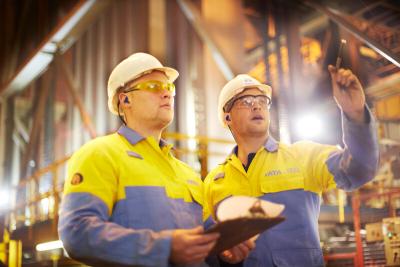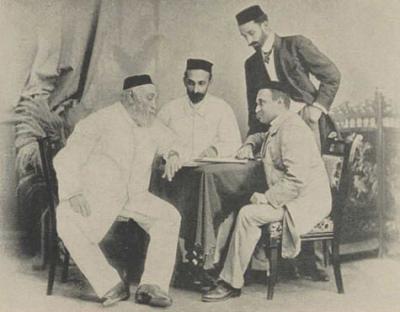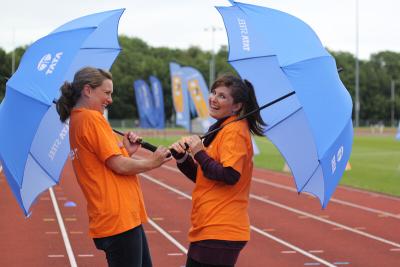Tata Steel's Chief Commercial Officer, Anil Jhanji, says it is time for the UK to take its economic and industrial destiny in its own hands, as he spoke to industry experts at the recent UK Metals Expo in Birmingham's NEC.
Anil said that with fewer than 10,000 days to the net zero target of 2050, companies across the Tata Group are doing all they can to sustainably reduce their impact on the climate, while supporting UK customers and supply chains, as well as strengthening the UK's own resilience.
Read his full speech below or watch it on Tata Steel UK's YouTube channel.
Ladies and gentlemen - good afternoon.
I am delighted to address you again at this, the second UK Metals Expo
It’s hard to believe it has been a year since we were all gathered in this room.
A year since the first UK Metals Expo, a year further on from Brexit, a year further on from the Covid-19 pandemic, a year further into the terrible conflict in Ukraine.
A year where to make UK manufacturing more resilient, we have worked together to strengthen our own domestic supply chains.
And that is partly why we are here today, at the ‘Made in the UK’ Theatre.
And, of course we are a year closer to 2050.
In fact, as of today, there are only about nine-and-a-half thousand days until 2050.
The ambition is clear. The UK, Europe, the world, wants to be climate neutral by 2050.
Indeed it MUST be climate neutral by 2050 which we all see as our responsibility towards the future generations.
The UK and the European Union have set ambitious targets for the decade to come to reach this goal.
But let's be realistic, this transition is challenging. It is costly. It requires new skills. It presupposes access to abundant, affordable energy. The list goes on.
The Tata group – as a whole - is deeply committed to a sustainable future.
Indeed Tata companies are at the forefront of this sustainability drive and have announced the building of one of Europe's largest EV battery cell manufacturing facilities here in the UK.
This gigafactory will strengthen the UK’s position in the global transition to electric vehicles, helping to grow our economy through the clean industries of the future.
These growing industries opens up exciting opportunities for us and our partners in the steel value chain.
Tata Steel is committed to decarbonising too.
Last year in this hall, I announced our intention of signing up to SBTi and ResponsibleSteel.
We are now on this journey and, in fact, are working with the SBTi institute to create the guidance and policies for other global steelmakers to do the same.
I also talked about protection for the UK metals market. I am therefore pleased to see that the UK Steel Charter is really gaining traction which will support the industry in purchasing steel for public sector projects.
Of course, the third largest Tata company in the UK – Tetley Tea – is helping too by ensuring we can all do our part while enjoying a good brew at the same time as being a leading member of Tea2030 developing a sustainable future for that industry.
All of this gives me confidence in the future.
As Tata Steel UK we feel strongly about our role in the UK manufacturing value chain and treasure each relationship to help our nation grow.
We have undeniable assets: a skilled workforce, cutting-edge research facilities, products and services which can support wider society as it seeks decarbonisation solutions.
And we can do this together, accompanying the transition ecosystem by ecosystem.
Taking into account their specific needs thanks to transition pathways laid down by governments, legislators and wider society.
But, at the same time we need to continue to strengthen our value chains in manufacturing here on this island nation.
For Tata Steel this means understanding and working with the UK and Welsh governments to understand their preferred pathways. This understanding will allow us to map out and deliver our own decarbonisation strategies.
While the brightest minds within our group are busy engaging with all stakeholders to evaluate various options of steelmaking process to transition to a decarbonised future – we have meanwhile brought our Optemis Carbon Lite lower-CO2 products to market.
These allow our customers to reduce their own Scope 3 emissions today.
Carbon Lite products have already been delivered to several key customers across Europe and we are in advanced negotiations with other customers across various sectors. Watch the space.
We have been able to do this by effectively banking the huge CO2 savings we make when we upgrade our processes and then inset this saving in the form of a certified CO2 reduction certificate for the customer.
All the savings we make, the banking process, and the certificates are all verified by an independent and external party.
As well as this green transition, in the UK we will need to focus on another aspect: Resilience.
The various challenges and crises I mentioned at the start have shown we need to build resilience into our supply chains and our key enabling technologies.
Until recently, many believed that in our globalised world, supply chains were infallible; that there was no such thing as shortages. This has proven to be a false belief.
We are experiencing this new reality well beyond the Covid-19 health crisis. Take the recent shortage of semi-conductors, the energy crisis, our dependences on raw materials or the sharp price increase on timber around the world.
It has also become apparent that our digital “industrial revolution” presupposes we master disruptive technologies in strategic areas such as batteries, hydrogen, semiconductors, data, or cybersecurity.
The time has come for the UK to take its economic and industrial destiny in hand.
I believe in a UK which can lead on the markets of the future, not one that is a mere subcontractor. A ‘factory’ for Europe and the rest of the world, but one which creates high-quality jobs and gives itself the means to cater for its own needs, but also to conquer world markets through export.
It is not a question of wanting to produce everything here in the UK, but of diversifying our sources of supply, and securing the entire supply chain.
For two years now, Europe has been updating itself for the post-Brexit era, building a more assertive industrial policy, open to the world yet on its own terms.
We in the UK need to do the same.
At Tata Steel this has meant focussing on our key markets; construction, automotive, packaging as well as engineering & industrial.
In each of these areas we have sought to bring strength to our products and services by collaborating closely with our customers.
In the world of construction, we are proud to be one of the leading players in the move to modular solutions.
Working with partners we have developed a ‘kit of parts’ which will allow for faster, greener and more cost-effective construction projects.
To support this we have also developed products which our construction partners and customers can specify to improve both productivity and cost effectiveness.
These include our D200 deep deck system which has exceptional strength and capability ideal for large span buildings, our S460MH tube piling grade for foundations and the S450 MagiZinc solar frame which offers enhanced corrosion resistance and longer life.
Products like these sit alongside the vast array of other tube and hollow sections, cladding, roofing, internal and external wall systems which allow the UK construction industry to specify the products they need to construct the buildings of tomorrow at the same time as supporting the domestic value chain.
And earlier in the year we brought together two hundred experts from the construction sector for a unique summit that we hosted focusing on productivity in the construction sector, sustainability and future paths.
In the automotive sector this has meant deploying our Value-Analysis / Value-Engineering service. This has seen us working closely with both Nissan and Jaguar Land Rover to help those companies to further optimise engineering solutions for new and upcoming models.
We are able to do this using our deep understanding of our materials, their processing and performance in use and how they can be best exploited by the customer.
Obviously, this is good news for us as well as them. But it does not stop there.
The understanding we have of our products comes from the wealth of data we have, and continue, to gather.
Our Aurora Online system allows us to share this data directly with customers in datasheets and ‘Ready to Run’ material cards for simulation software.
It means vehicle makers can take much of the guesswork and preproduction testing out of developing new passive safety systems.
By using our data sets within simulations they can see instantly what products are needed, how they will perform and any changes which might be needed to reduce weight without compromising on vehicle safety.
This valued solution by Tata Steel is allowing car makers to test our products in computer simulated crashes before they are even ordered or specified.
And in the heavy vehicles industry, our R&D team work closely with a leading UK manufacturer of construction and agricultural equipment. Our engineer is on site working together with the customer on steel structures in their next generation vehicle architecture, to support them in their net zero ambitions.
In the renewables sector our steel is already supporting solar energy growth and we are working with leaders in the industry to help develop future offshore windfarms with the potential for hydrogen networks.
You can hear more about this in this Theatre with some of our supply chain partners this afternoon and tomorrow.
And a small mention while we are here at the NEC: Tata Steel is also exhibiting at the Resources and Waste Management Expo. We invite you to visit our stand to hear how we are playing an active role to increase metal recycling. At 3.15 this afternoon we have TV chef Theo Michaels demonstrating delicious recipes using canned food!
Tata Steel continues to invest and develop the brightest minds for the future. We are proud of the new joiners who will help us in challenging our current activities as well as helping us to shape the future of the nation
Ladies and gentlemen, I am convinced we, as the UK value chain, have never been so united in our desire to take our own destiny in hand and to put industry and manufacturing at the heart of the nation’s priorities.
As our Tata Group Chairman Emeritus, Mr Ratan Tata, has expressed every so often ‘If you want to walk fast, walk alone. But if you want to walk far, walk together’.
We do want to walk far and we should walk together – for ourselves, for the nation, for our children’s future.
I wish you all an inspiring day and look forward to the feedback from your discussions.
